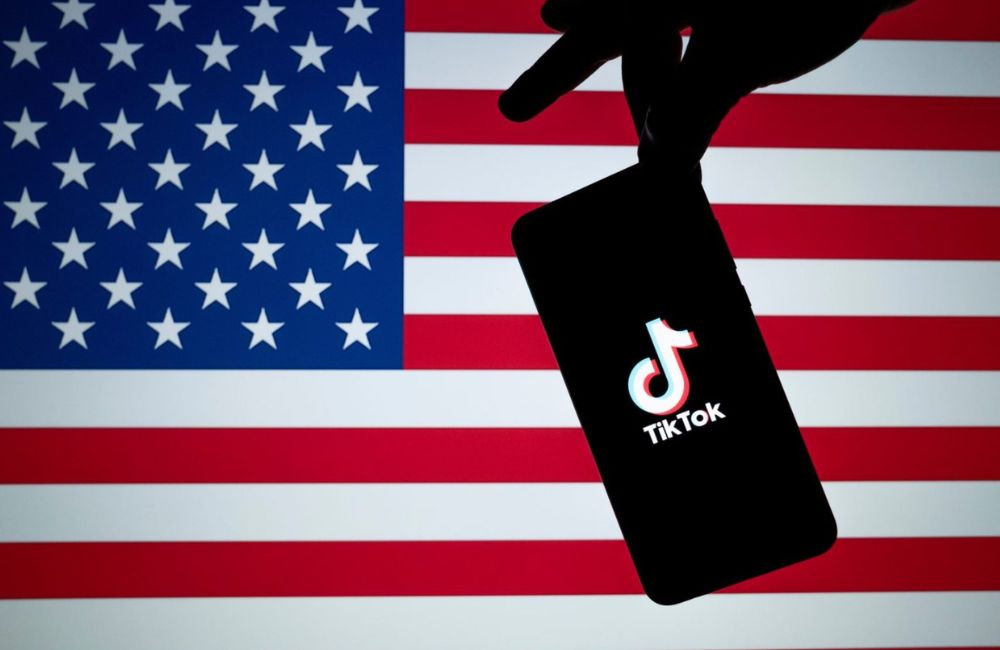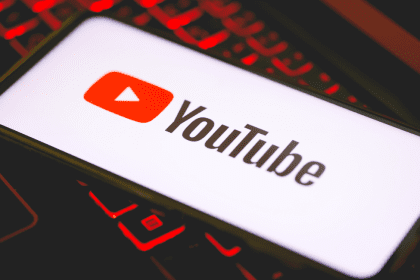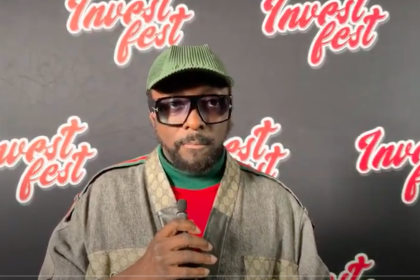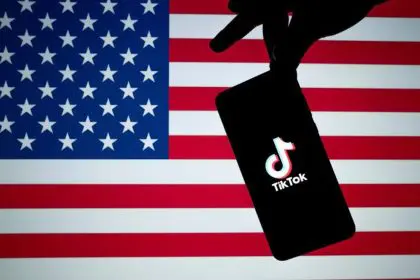UPDATE: The U.S. Supreme Court just ruled unanimously on Jan. 17 against TikTok‘s First Amendment challenge to the ban. This means the ban stands; however, however, it’s unclear how the app’s shutdown will take place.
The future of social media platform TikTok faces unprecedented uncertainty as presidential administrations prepare for the transition. The Biden administration’s recent decision to step back from enforcing TikTok restrictions has effectively passed this complex digital dilemma to President-elect Trump’s incoming team, creating waves of concern among content creators, business owners and digital entrepreneurs who have built sustainable careers on the platform.
The economic stakes
The congressional mandate requiring ByteDance to sell TikTok by Jan. 19 has far-reaching implications beyond simple entertainment. The platform has evolved into a crucial marketing tool and revenue stream for independent creators, small business owners and marketing professionals who have mastered the art of digital storytelling. Many have transformed their understanding of social media algorithms and trend forecasting into profitable enterprises, particularly within urban markets and diverse communities.
These digital entrepreneurs have invested considerable time and resources into building their TikTok presence, often leaving traditional career paths to pursue content creation full-time. The potential ban threatens their current income and years of dedicated community building and brand development.
Beyond entertainment: The business perspective
What started as a platform for dancing videos and quick entertainment has become a sophisticated marketing ecosystem. Professional content creators who weathered the early days of YouTube and Instagram have found TikTok’s algorithm particularly effective for reaching engaged audiences. The platform’s potential removal from the American market would force these established creators to rebuild their digital presence elsewhere, potentially losing years of momentum and established revenue streams.
The situation becomes more complex when considering the platform’s role in modern business strategy. Companies have invested millions in TikTok marketing campaigns, and many professionals have developed specialized skills in TikTok content creation and strategy. This expertise — highly valued in today’s digital marketplace — could become less relevant if the platform faces significant changes or restrictions.
The political chess game
The bipartisan nature of TikTok’s support reflects its broad impact across American society. Senate Democratic Leader Chuck Schumer’s advocacy for extending the ban deadline acknowledges the platform’s significance in the modern digital economy. However, Republican Senator Tom Cotton’s opposition highlights the ongoing tension between economic interests and national security concerns.
Technology and security considerations
The Supreme Court’s involvement in reviewing the ByteDance divestment requirement adds another layer of complexity to this digital dilemma. Their apparent inclination to uphold the law based on national security concerns creates uncertainty for professionals who have built their livelihoods around the platform.
TikTok’s security concerns raise important questions about data privacy and digital sovereignty that resonate particularly with professionals who remember the early days of social media and its evolution. These individuals — who have witnessed multiple technological transitions — understand both the opportunities and risks associated with digital platforms.
Looking forward
The platform’s fate rests heavily on the incoming administration’s approach to balancing national security with digital innovation. For established content creators and business professionals, the situation requires careful monitoring and potentially developing contingency plans for their digital presence.
The coming weeks will be crucial for the platform’s future in America. Content creators — particularly those who have built substantial followings and business relationships through TikTok — must stay informed about potential changes while considering how to protect their digital assets and maintain their professional momentum regardless of the outcome.
This situation reminds us of the volatile nature of digital platforms and the importance of diversifying one’s professional presence across multiple channels. As the digital landscape continues to evolve, adaptability and strategic planning become increasingly crucial for long-term success in content creation.
The path ahead
For professionals who have witnessed the rise and fall of various digital platforms, this situation with TikTok represents another pivotal moment in the evolution of social media. The outcome will likely influence future approaches to digital entrepreneurship and content creation, particularly for those who have built careers in the digital space.
As the Jan. 19 deadline approaches, the digital community watches closely, understanding that the decision’s impact extends far beyond simple entertainment to affect real livelihoods and established business models in the modern digital economy.














